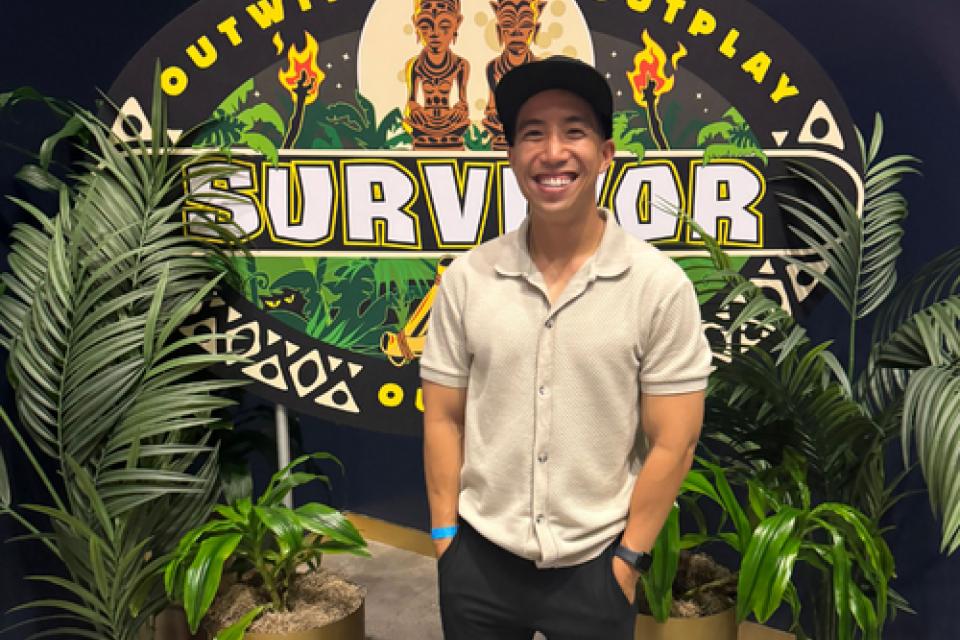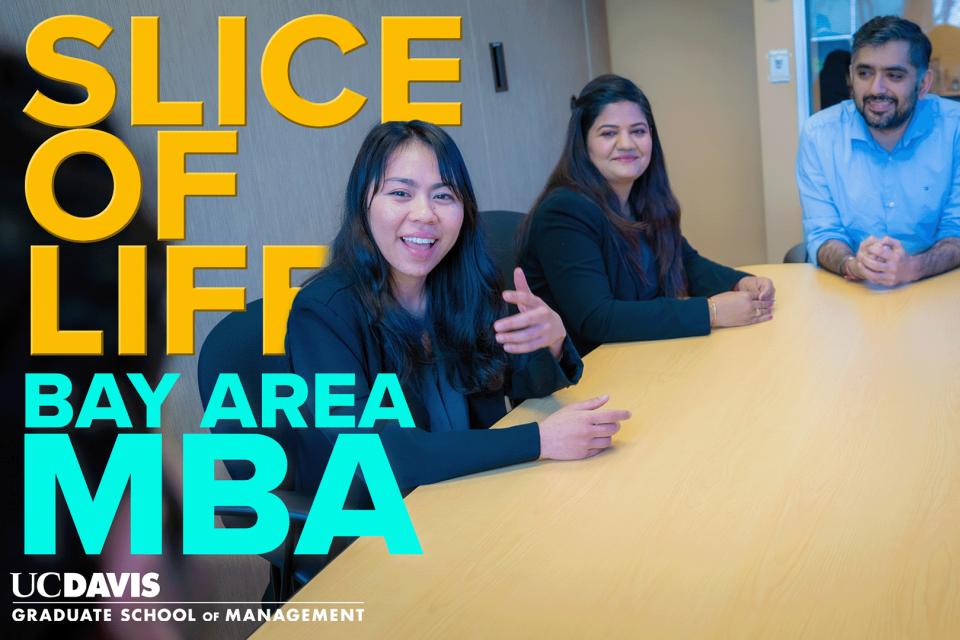My Career Journey from Burnout to New Role at PG&E
First-gen professional and MBA thriving at the enterprise level
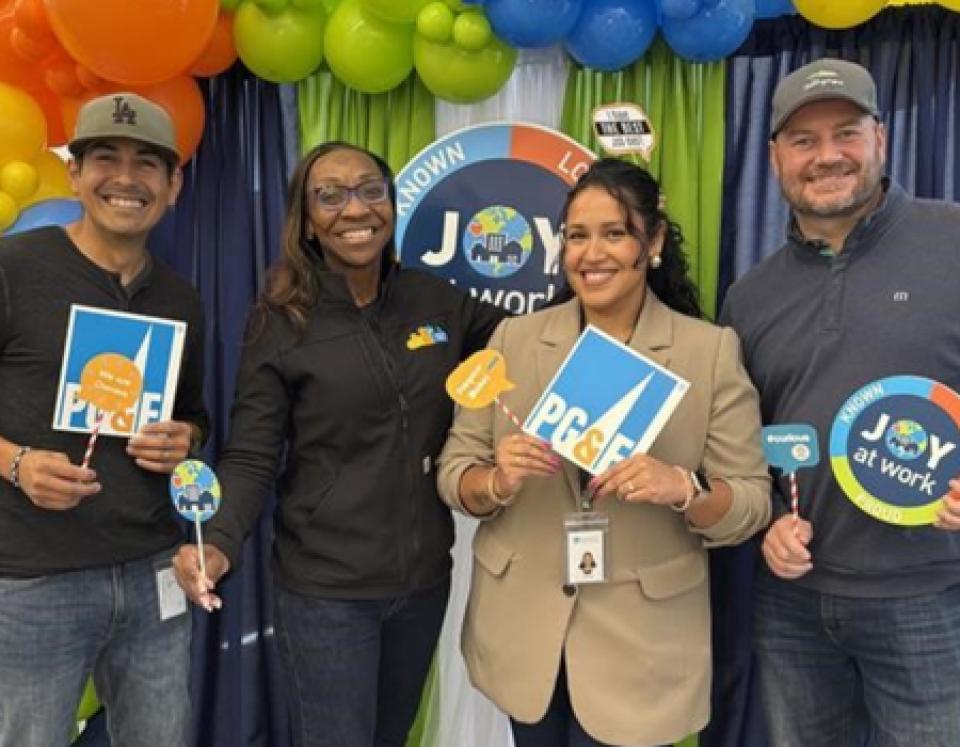
Maya Angelou once said, “Take as much time as you need to make up your mind, but once it is made up, step out on your decision like it’s something you want.”
I decided to get my MBA from the UC Davis GSM because of the promising curriculum that would enable me to make a career pivot. Not only was I able to pivot in my career within 12 months post-graduation, but in completing the program, I gained invaluable tools that helped me turn burnout into a thriving career.
Balancing a demanding career while completing my MBA was challenging, but my experience at the Graduate School of Management (GSM) became the foundation for my next chapter. I completed my degree in June 2024. At the same time, I was running on borrowed energy, and I was forced to rethink how I approached work and sustainability. Burnout was real.
I never imagined I would need to step away from work to recover from the toll of prolonged stress. The demands of a high-pressure paralegal role had gradually taken a heavier toll than I realized. I took advantage of PG&E’s generous benefits package and took an eight-month leave, starting in June 2024. At first, taking a leave felt like failure—like stepping back meant I couldn’t handle the pace or advance my career.
What helped me rebuild was the mindset and skills I had developed at the GSM.
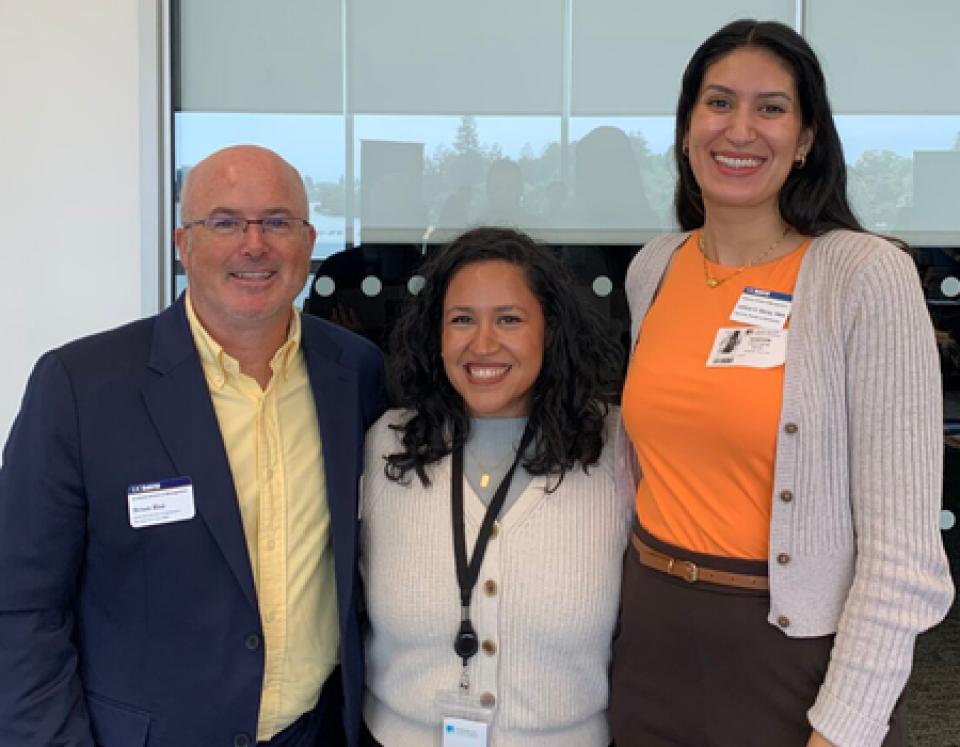
Transforming Burnout into Opportunity
The courses in statistics, consulting, group dynamics, critical thinking, program management and new product development transformed how I approached problems. They taught me to think strategically, programmatically, and holistically—clarity that became my compass as I prepared for a new role.
The Integrated Management Project (IMP) was a cornerstone of my MBA. It taught me to lead teams, think strategically, and show future employers I was ready to step into bigger roles.
But what I didn’t see at the time was that pressing pause was the first step toward building a more intentional and sustainable career path.
When I returned from my leave, I came back with renewed purpose and the confidence to apply my strengths to new challenges.
I also knew I wanted to move into work that was strategic, impactful and cross-functional. That clarity became my compass.
With a clearer sense of direction, I began targeting roles that required program management, critical thinking and relationship building. I networked intentionally, shared my goals openly, and sought opportunities that aligned with the kind of professional impact I wanted to make.
UC Davis Opening Doors at PG&E
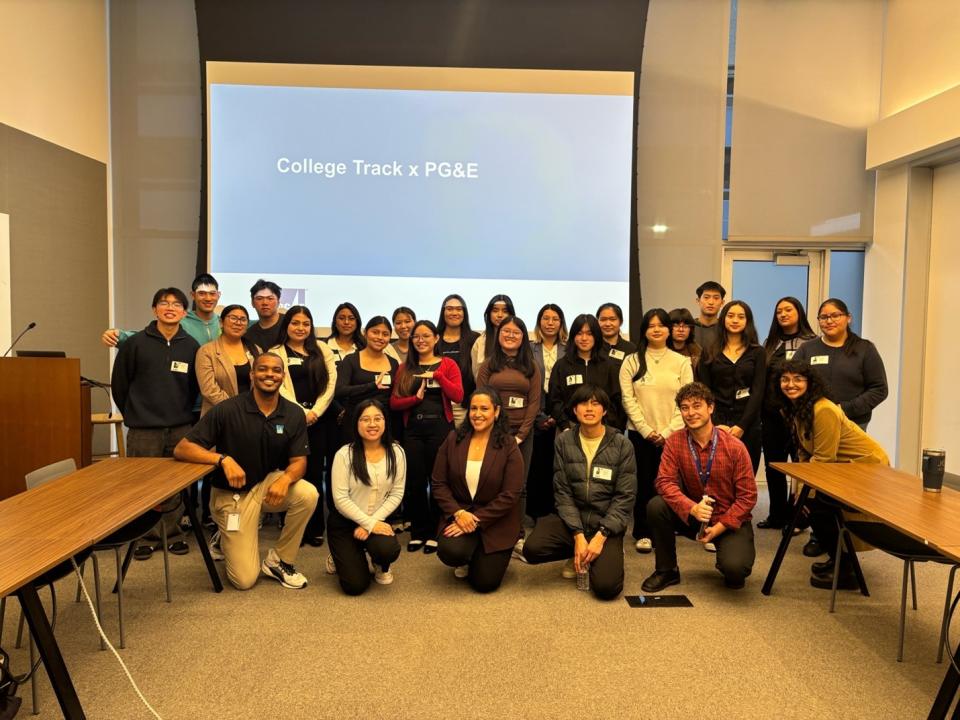
PG&E is a large legacy company with over 25,000 employees serving millions of customers. As a girl from a small town in California’s Central Valley (shout out to Mendota!), I had the audacity to believe I could influence strategy at the enterprise level.
That belief, combined with preparation and persistence, paid off. Three openings in the department I had my sights on became available, and I already knew someone on the team. I leaned into my GSM experience, aced the interviews, and soon after, the offer came.
My UC Davis MBA journey was critical to that pivot.
During the interview process, I leveraged my experience as an IMP Team Lead to illustrate how my skills ranged beyond a normal paralegal’s job description. I showed my leadership abilities, potential for growth, coachability and ability to hit the ground running in a new industry.
In the 12 months after graduation, I skipped two levels, earned a 25% pay increase, and transformed from a burnt-out paralegal into a thriving program manager shaping enterprise-wide strategy at PG&E.
It is challenging, yet exciting work, and I am surrounded by a brilliant and supportive team that believes in the mission.
Yes, career pivots are scary. Taking time away from work to recover from burnout is scary. But those moments of pause are often the ones that set us on the right path. What felt like a setback became the foundation for growth, and I am now thriving in work that excites me and challenges me in new ways.
Leading and Thriving as a First-Generation Professional
My story is also about identity and resilience. As a first-generation Mexican-American professional, I know what it’s like to carry the weight of expectations, to push forward even when the road feels uncertain and to question whether I belong in rooms where decisions are made.
First-generation professionals have the resilience to not just enter the room, but to lead it.
To my fellow first-generation students and professionals reading this: burnout, setbacks and detours do not define you. What defines you is your ability to rise again, to reimagine your path and to claim your place in spaces that once felt out of reach.
If you’re wondering whether it’s possible to recover, to pivot, to thrive—the answer is yes. You already have what it takes.

